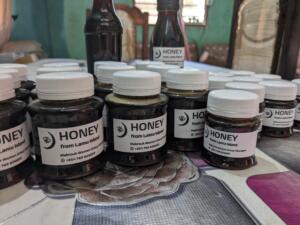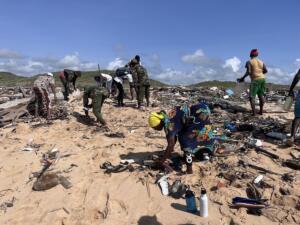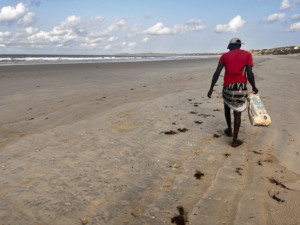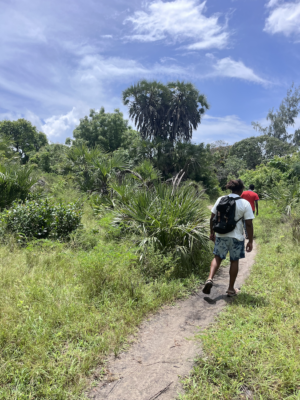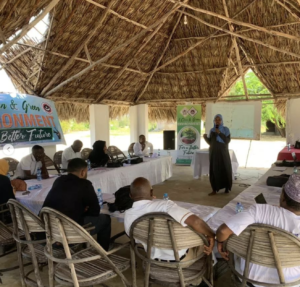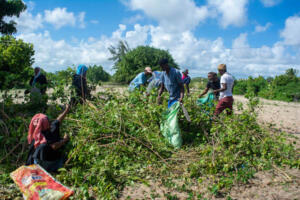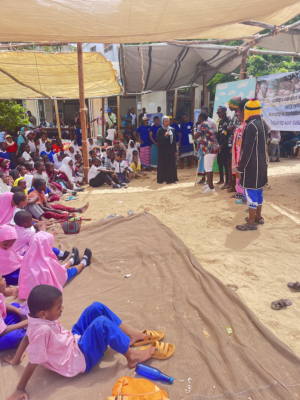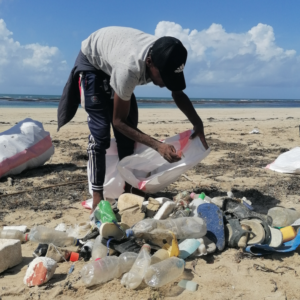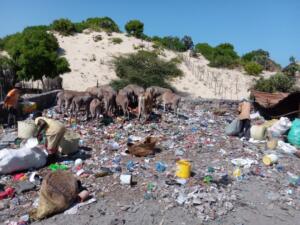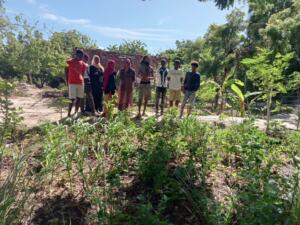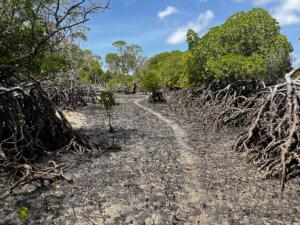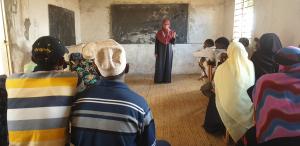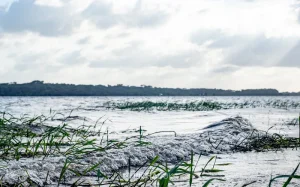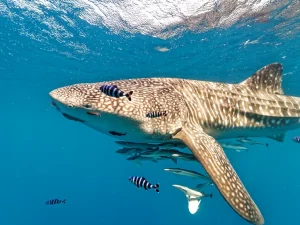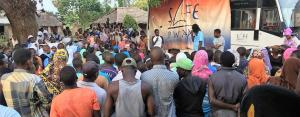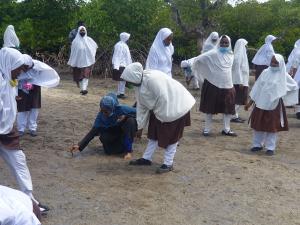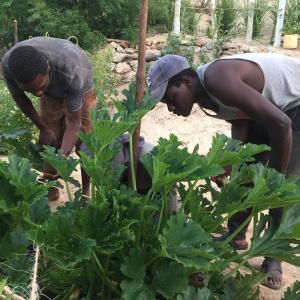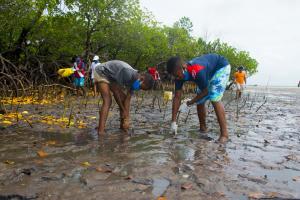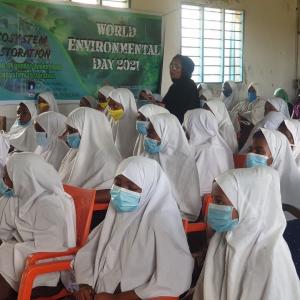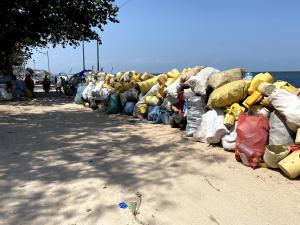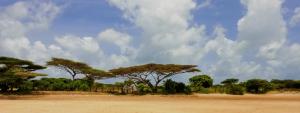
Our grants
Grant Criteria
Local non-profit organizations, CBOs and social cooperative enterprises are eligible to apply for funding.
Non-local groups, already active in the area or experts within that field are also eligible for grants and strategic partnerships, if they prove that through their work, they build capacity within the community.
LEF does not provide funding to governmental organisations or bodies.
All applications must demonstrate strong participation and contribution from community stakeholders to ensure projects are focused on building community capacity and interest in environmental conservation. And that throughout the project duration, communities are kept informed and up to date on project progress.
All applications must demonstrate they are beneficial and appropriate for community use and needs by illustrating they’re inclusive of the interests, rights, roles and responsibilities of all stakeholders, right-holders, and other under-represented groups.
Applications must focus within LEF’s thematic areas; Continuing Education and Sustainable Livelihoods, Solid Waste Management, Mangrove Conservation, Land Regeneration and Restoration and Marine Conservation.
All projects must be evidence and science backed to ensure best practices are followed. If necessary, experts and training must be consulted to support the successful outcomes of the project.
Proposed projects must be well developed to document, justify, implement, monitor, and manage a project.
There must be a clear monitoring and evaluation structure in place to measure outcomes in the short, medium and long term.
Projects that demonstrate sustainability after the project period will be prioritised to create long term impact.
LEF will not approve budgets for projects paying unreasonable per diems to attendees of meetings.
Projects must be focused in Lamu County – LEF does not fund projects outside of this geographic area.
Closed for applications!
We are not currently accepting applications but will be later on in 2024. Keep checking back for when we open for the next round of applications!

